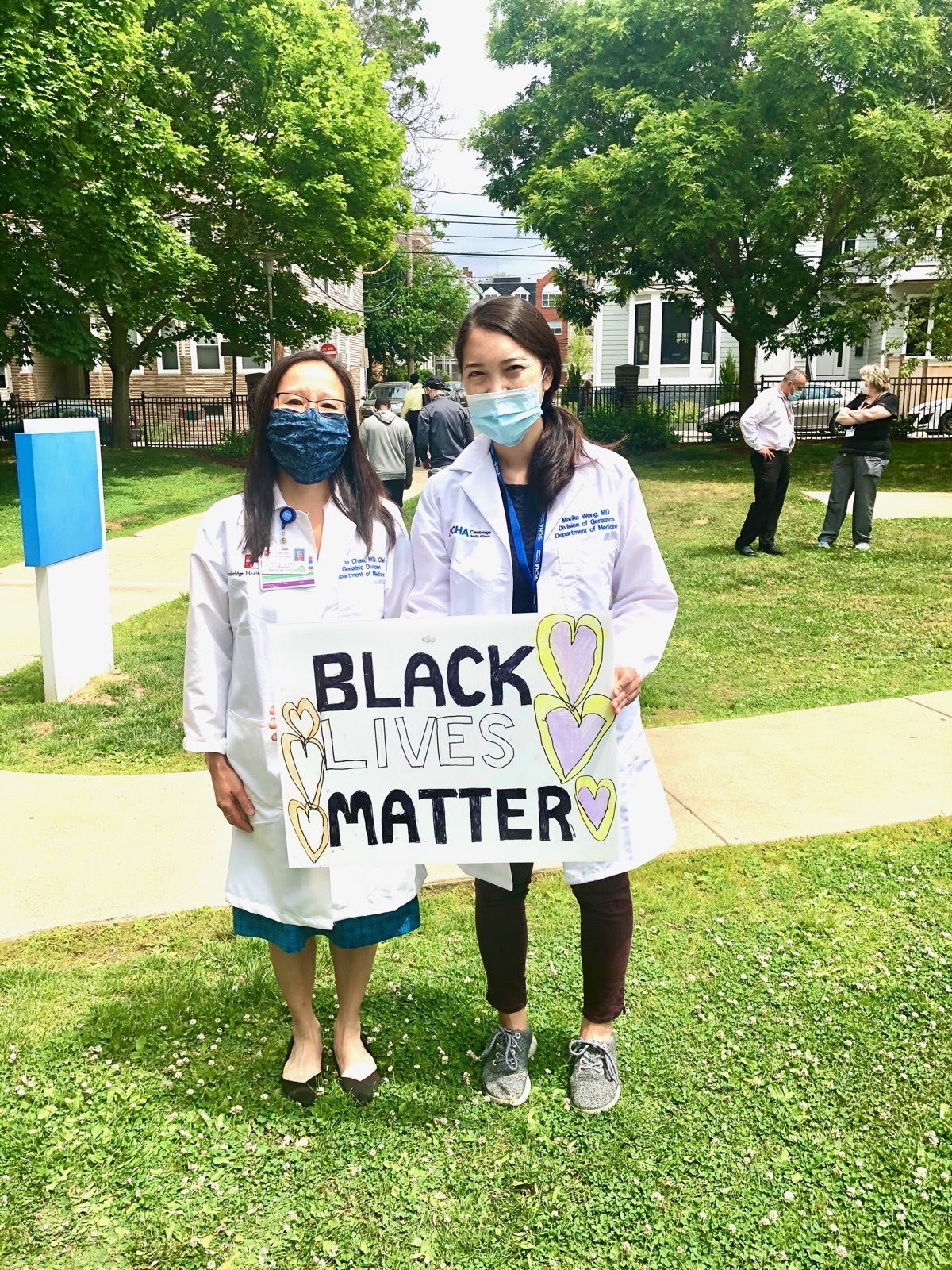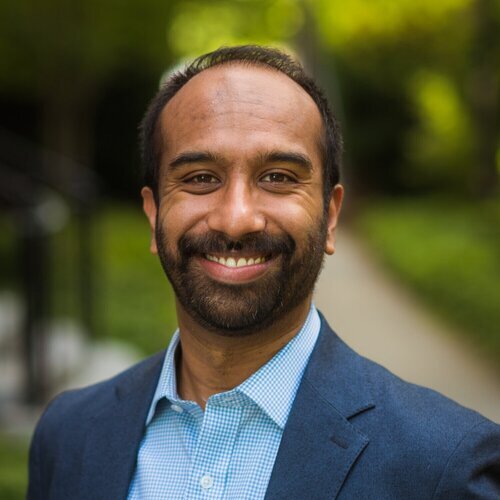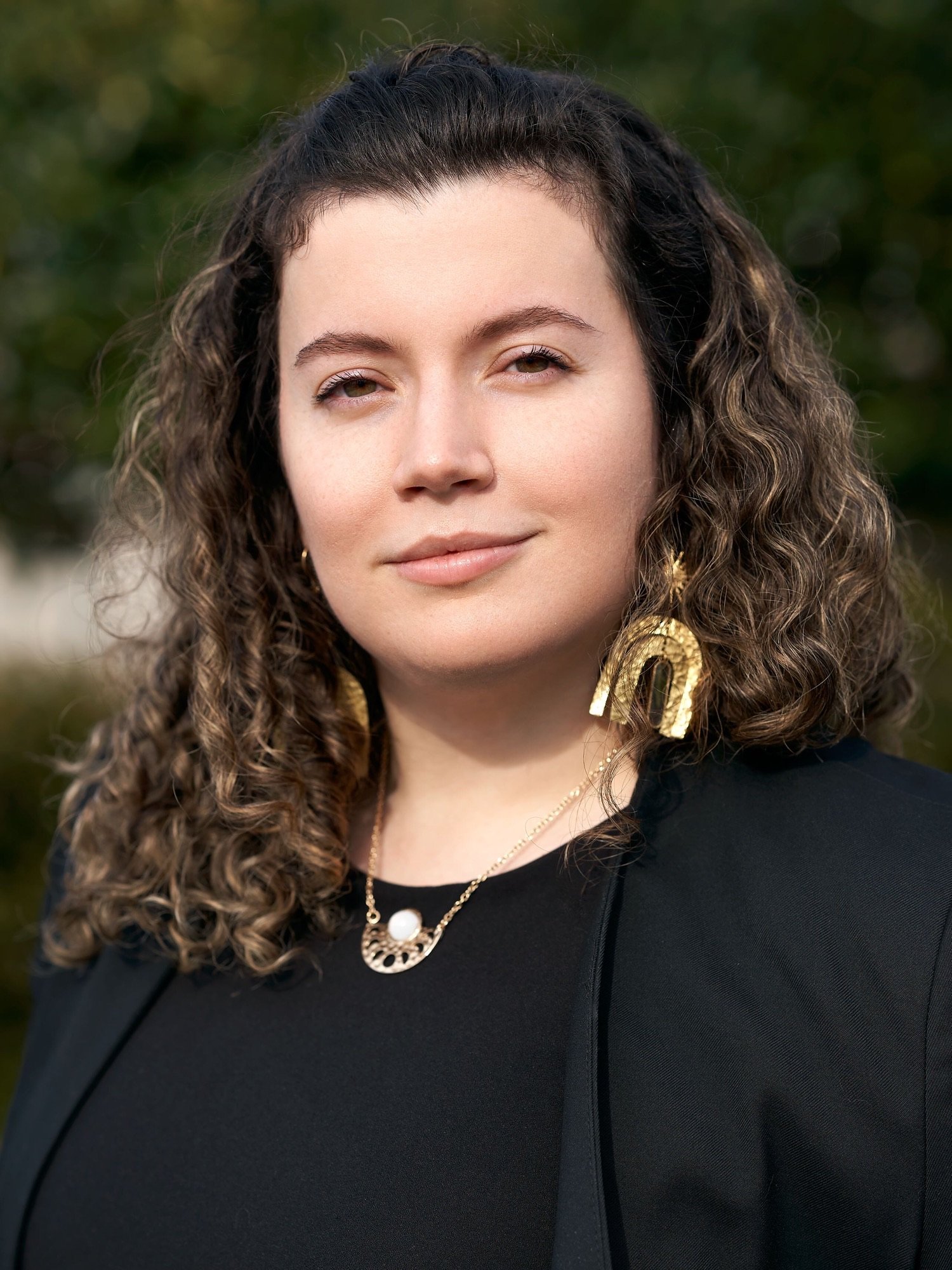Climate Health Organizing Fellows Program
Our vision is to create a vibrant educational space and community to develop a cadre of health professionals who are inspired and enabled to develop and advance climate solutions. The power to accomplish this will come from learning about the health equity implications of climate change and through developing durable community organizing skills that can create structural change.
January 2025-November 2025
All Sessions Held on Zoom
Fellowship is offered tuition free
Questions? Contact Us
Part 1: Learning (January-June 2025)
Part 2: Practice (July-November 2025)
In 2024, CHEEA welcomed 11 new teams of Climate Health Organizing Fellows from organizations across the United States and Canada!
These fellows are in the process of completing the 12-month fellowship on a climate health topic with the goal of improving the health of their patient populations and addressing the climate crisis through an organizing perspective.
Climate Health Organizing Fellowship Updates
The Salata Institute for Climate and Sustainability at Harvard University recently featured a PLOS article about implementation of a climate change curriculum in medical school. This article, “Climate Change, Environment, and Health: The Implementation and Initial Evaluation of a Longitudinal, Integrated Curricular Theme and Novel Competency Framework at Harvard Medical School”, was co-authored by Harvard Medical School students and CHEEA Co-Director, Dr. Gaurab Basu.
The Climate Health Organizing Fellowship was recently included in two media features in 2024, Grist and Scientific American.
“Health Professionals Organizing for Climate Action: A Novel Community Organizing Fellowship” (Published Article in Academic Medicine, 2024)
The study, led by the Cambridge Health Alliance Center for Health Equity and Education and Advocacy (CHEEA) in collaboration with the Center for Climate, Health, and the Global Environment at Harvard T.H. Chan School of Public Health (Harvard Chan C-CHANGE), offers a novel approach for those in healthcare who want to take climate action but don’t know how.
Overview
Climate change is a public health and health equity crisis. Increasingly, health professionals recognize that mitigating and responding to the impacts of climate change is critical to improving the health of their patients.
The vast majority of health professionals come into medicine to heal and care for other people. Yet the practice of medicine within a dysfunctional healthcare system has caused burnout and disconnection from the core values that originally called them to become health professionals. This has created a workforce that is too often dispirited and disconnected from the work of attaining health equity. The climate crisis can exacerbate these trends, with many health professionals feeling helpless and hopeless when thinking about the effects of climate change on their patients.
Health professionals have been shown to be among the most effective, trustworthy messengers for climate action. But to be effective agents of change they must be empowered with skills to organize others, have an ability to work with communities, and possess a strong sense of self efficacy and purpose. This course is rooted in the belief that effective training in community organizing can support health professionals in creating the climate solutions our world needs.
Who should apply:
This program is open to any U.S. or Canadian based health professional (physicians, nurses, nurse practitioners, pharmacists, social workers, physician assistants, psychologists) who provides direct patient care and to community partners working with health professionals (public health professionals, non profit leaders, environmental justice advocates).
Applications should be submitted by groups of 3 people who are already working together on climate projects. Each group should include either 3 health professionals or 2 health professionals and 1 community partner (public health professional, non profit leader, environmental justice advocate, etc). Health professionals at any stage of their career (including trainees and retirees) are invited to apply. There will be 1 application per group. Applying as a group enables home organizations to develop a larger cadre of individuals trained in community organizing and will allow greater impact on their projects. Working with a community partner gives the health professionals an opportunity to more deeply connect with community initiatives.
Program Components
Program Structure/Content
This program is an 5 month course that will consist of monthly 2 hour course sessions, monthly coaching support sessions, and 3 weekend immersion sessions (4 hours on Saturday & 4 hours on Sunday). The required monthly coaching sessions will continue for a total of 12 months (extending 6 months past the end of the formal fellowship)
All sessions will be held on Zoom.
Fellowship is offered tuition-free.
Participants are expected to attend all sessions, with exception of extenuating circumstances.
Community Organizing/Public Narrative workshops
Climate Health Organizing Fellows (CHOF) will receive in-depth community organizing and public narrative workshops, developed in collaboration with Harvard Kennedy School Professor Marshall Ganz. Workshops will help participants develop a skill set that can be immediately applied to climate solution projects.
Climate Change Impacts on Health Equity
The program will provide a series of lectures that describe the impacts of climate change on health equity and provides a knowledge base of scientific evidence that can be useful in organizing work.
Climate Project
As part of the application process, each group will propose a climate solution project that they are already working on or wish to work on as part of the course. The expectation is that participants will work in real time to implement their climate solution project.
Longitudinal Expert Coaching
Each fellow will have the opportunity to work on their group’s project with an expert community organizing coach. The coach will work with each participant during CHOF monthly sessions and during monthly coaching office hours. Fellows are expected to meet with coaches every month for 12 months - 5 months during the program and for 6 month after the program ends.
Community Building/Opportunities to Develop Collaboration
Working in the climate solutions space can be overwhelming. We will deliberately create space in which participants can find solidarity, inspiration, healing, and clarity in defining and acting upon their values. We will also provide opportunities to develop community and collaborate with other climate health organizations.
What is Community Organizing?
Community Organizing is a form of leadership practice that enables a group of people to turn its resources into the power to achieve its goals through recruitment, training, and development of leadership. Organizing is about equipping people with the power to make change. Organizing people to build the power to make change is based on the mastery of five key leadership practices: telling stories, building relationships, structuring teams, strategizing, and acting. In order to develop our capacity for effective community organizing, we must learn:
How to articulate a story of why we are called to lead, a story of the community we hope to mobilize and why we’re united, and a story of why we must act.
How to build intentional relationships as the foundation of purposeful collective actions.
How to create a structure that distributes power and responsibility and prioritizes leadership development.
How to strategize turning your resources into the power to achieve clear goals.
How to translate strategy into measurable, motivational, and effective action.
Outcomes of Interest
A well developed community organizing project by end of fellowship
Increased knowledge of climate change and health equity
Increased skill development in community organizing and public narrative
Community building, inspiration, resilience, self efficacy, burnout mitigation
Fostering future collaboration among health professionals engaged in climate health advocacy
Fostering collaboration with community based organizations
Support career development in climate health and organizing
Improve diversity, equity and inclusion in the climate movement
Program Team
Gaurab Basu, MD, MPH
Pedja Stojicic, MD, MPH
Alanna Kate Cruz, MA, MS, CCC-SLP, IBCLC
Program Advisory Board
Lisa Patel, MD, MESc
Climate, Health, and Equity Task Force Lead at the Sean N. Parker Center for Allergy and Asthma Research, Stanford School of Medicine
Cheryl Holder, MD
Associate Dean of Diversity, Equity & Inclusivity and Community Initiatives, Associate Professor
Florida International University, Herbert Wertheim College of Medicine
Morgan McMillan, MPH
Executive Director, Winslow Foundation.
Jerome A. Paulson, MD, FAAP
Professor Emeritus of Pediatrics and of Environmental & Occupational Health
George Washington University School of Medicine and Health Sciences and George Washington University Milken Institute School of Public Health
Kelsey Wirth, MBA
Cofounder and Chair, Mothers Out Front
Katie Huffling, DNP, RN, CNM, FAAN
Executive Director, Alliance of Nurses for Healthy Environments
Jacob Waxman
Senior Trainer/Coach
Leading Change Network
Maria Belen Power
Associate Executive Director, GreenRoots.
Samuel S Myers, MD, MPH
Principal Research Scientist, Department of Environmental Health
Director, Planetary Health Alliance
Harvard TH Chan School of Public Health
Edward Maibach, MPH, PhD
Distinguished University Professor and Director
George Mason University Center for Climate Change Communication










